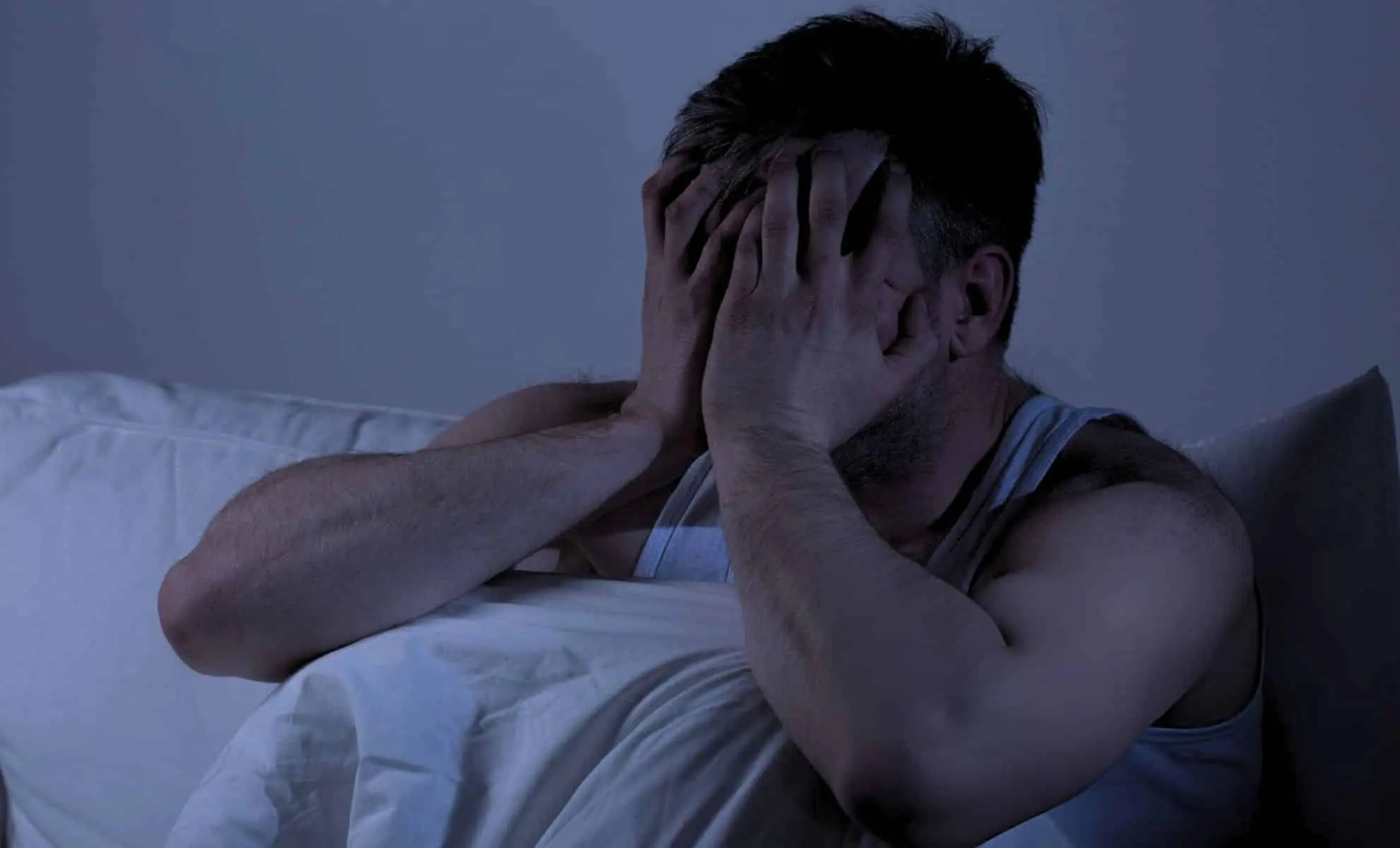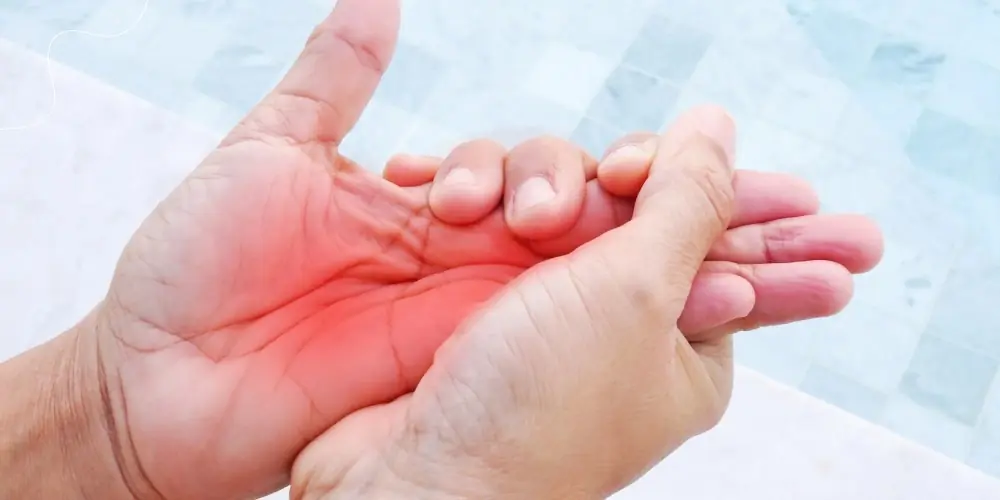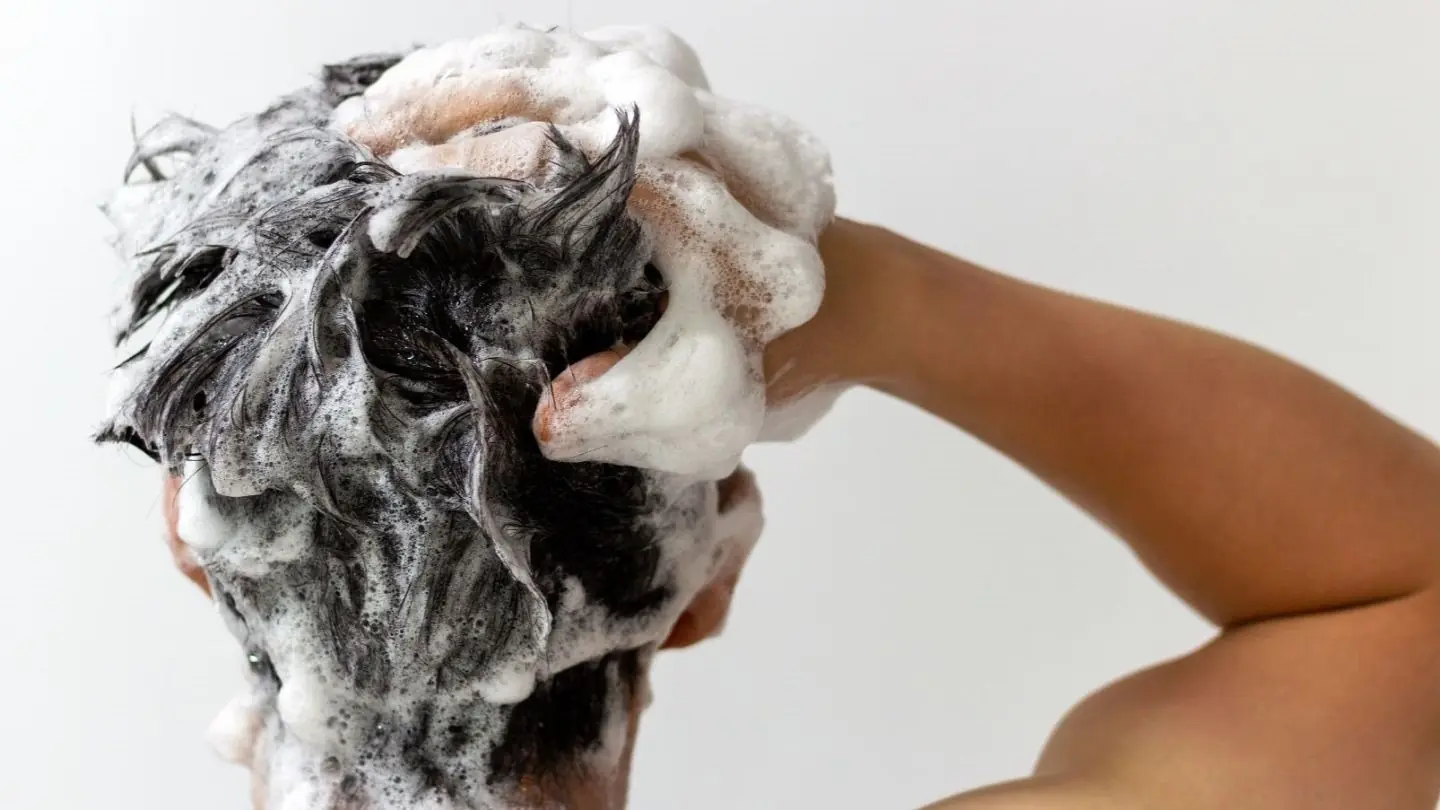
Doctor Warns Against This One Thing If You Wake Up at Night
Good sleep habits create the foundation for a restful night. These habits include both your bedroom environment and daily routines that affect your sleep quality. The right practices shape your bedtime routine and daily activities, creating ideal conditions for quality sleep hygiene. But even with excellent habits, you might still experience those frustrating middle-of-the-night wake-ups. Sleep experts have identified one crucial mistake you make when you wake at night.
The Silent Sleep Saboteur
You wake up at night. Your first instinct? Check the time. That glance at your phone or clock might seem harmless. But sleep specialists warn this habit destroys your chances of falling back asleep and undermines sleep hygiene. “Turn your alarm clock to face the wall and resist the temptation to check the time on your smartphone,” advises a sleep expert. “Counting the minutes of missed sleep increases stress and anxiety, which could delay your return to slumber.”
When you check the time, you begin calculating how much sleep you’ve lost. You worry about how little time remains before your alarm. This mental math triggers anxiety, making returning to sleep nearly impossible. Your device creates another problem. “Exposure to blue and green light from your clock, phone, tablet, or computer can make you feel more alert,” notes a sleep researcher. This increased alertness prevents you from drifting back to sleep.
What Happens When You Wake Up at Night
Understanding why you wake up helps you manage disruptions better. Research shows adults wake up 10 to 12 times per night on average. Most awakenings last only briefly. If they continue for less than three minutes, you typically won’t remember them. Your brain operates differently when you wake during the second half of the night. Your frontal lobe, which controls reasoning and emotional regulation, doesn’t fully activate. Instead, your limbic system takes over, driving emotional responses like fear and anxiety.
Your body naturally cycles through different sleep stages. External factors like stress, poor sleep habits, or even your diet can trigger more frequent awakenings. If your body temperature is too high, your bedroom is too bright, or you consumed caffeine too late, you may find yourself waking more often. Addressing these root causes can significantly improve sleep continuity.
What You Should Do Instead
“If you don’t fall back asleep after what feels like 20 minutes have gone by, get up,” suggests a sleep doctor. “Sit in a comfortable chair in another room. Read a book, with just enough lights on so that you can see the print comfortably.” Do something relaxing. Listen to quiet music, stretch gently, or write in a journal. Avoid all screens, as blue light suppresses melatonin production and disrupts your sleep cycle further.
Return to bed only when you feel drowsy. This reinforces your brain’s association between your bed and sleep. “It’s important not to stay in bed, even if you’re reading. Doing this will lead your brain and body to associate your bed with wakefulness instead of with sleep.”
Keeping Sleep Disruptions in Perspective
You might catastrophize about the impact of a poor night’s sleep. Learning perspective helps you cope better. “The reality is that you will likely get back to sleep and you will be okay tomorrow,” says a sleep specialist. “People don’t realize that you can typically function after a night of poor sleep.” You might feel sleepier tomorrow. Your workout might feel harder. You might respond more irritably. But experts advise you to go about your day normally. Your sleep system corrects itself naturally. “If you get poor sleep one night, you’re more likely to get better sleep the next,” notes a sleep researcher. Don’t try to compensate with excessive napping or going to bed earlier. These actions throw off your sleep schedule.
Building Better Sleep Hygiene
-
Set a consistent sleep schedule: Wake up at the same time daily. Don’t change this on weekends. “Having a fixed wake-up time normalizes sleep as an essential part of your day,” sleep experts advise.
-
Create a calming bedtime routine: “Budget 30 minutes for winding down,” suggests sleep research. Engage in activities that relax you before bed. A consistent routine forms a critical part of sleep hygiene.
-
Optimize your bedroom: Make your bedroom cool, dark, and quiet. “Have a comfortable mattress and pillow,” recommends a sleep foundation. Sleep hygiene experts emphasize that your sleep environment significantly impacts sleep quality.
-
Limit your stimulants: Avoid caffeine in the afternoon and evening. “Alcohol may make it easier to fall asleep, but the effect wears off, disrupting sleep later in the night,” cautions a sleep researcher.
-
Manage your stress: Practice techniques that help you relax. Stress and anxiety contribute to poor sleep quality. Regular mindfulness practices such as deep breathing, progressive muscle relaxation, and meditation can help.
-
Exercise regularly: “Regular exercise can make it easier to sleep at night,” notes sleep research. Just avoid intense workouts close to bedtime, as they can have the opposite effect.
-
Improve your diet: Certain foods, such as those rich in magnesium (e.g., almonds, spinach) and tryptophan (e.g., turkey, dairy), promote relaxation and better sleep.
When to Seek Help
While occasional sleep disruptions happen normally, persistent problems may indicate a deeper issue. Talk to a healthcare provider if you consistently struggle to fall back asleep after waking, feel excessively tired during the day, experience chronic insomnia, or snore loudly. “Sleep hygiene alone will not cure sleep problems,” warns a leading sleep foundation. “If you have long-lasting or severe sleeping problems, it’s best to talk with a doctor.” Your body will thank you.
News in the same category


Euphorbia Hirta (Asthma-Plant): Ancient Remedies and Modern Applications for Health and Wellness

Doctor Warns Against This One Thing If You Wake Up at Night

Reasons You Could Have Numbness or Tingling Sensations in Your Hands

A Well-Known Shampoo Is Being Withdrawn Immediately Due To Bacteria That Can Kill One In Ten Patients

9 Reasons Why You Should Eat Okra Multiple Times a Week

What’s In Your Mouth Could Be Triggering Alzheimer’s, Scientists Say

10 Signs You're Living With Clogged Arteries

Man with severe anger issues breaks down in tears after seeing what radiologist found in scans of his brain

How to Treat H. Pylori Bacteria Causing Heartburn and Bloating + Natural Remedies

8 Ways To Get Rid Of Phlegm And Mucus In Chest And Throat

After A 49-Year-Old Father Of Two Passes Away, There Is An Urgent Warning For All Pet Owners Who Allow Their Dogs To Lick Them

8 of the Best Anti-Cancer Foods. It’s Time to Start Adding Them to Your Diet

Getting Annoyed By Chewing Sounds Is a Genuine Psychiatric Disorder

5 Concerning Red Flags That May Signal Colon Cancer

Risk Of Prostate Cancer Increases By 45% In Men Who Share This Common Practice

End-of-life nurse shares the most disturbing behaviors seen in those nearing death

**Say Goodbye to Skin Tags and Warts: Easy Removal with Hydrogen Peroxide**

What Does It Signify When You Dream of a Deceased Loved One?

8 Fruits That Can Harm People with Kidney Disease
News Post

Banana Peels as a Natural Ant Repellent: A Safe and Eco-Friendly Solution

1 year ago 1 year ago Peace Lily Care Guide: Key Tips to Ensure Its Flourishing Growth

THIS DOUBLES Your Testosterone Naturally in 7 Days!

10 Remarkable Health Benefits of Pigweed Greens You Need to Know

Euphorbia Hirta (Asthma-Plant): Ancient Remedies and Modern Applications for Health and Wellness

Yarrow: A Natural Herb with Powerful Health Benefits

Onion peels and cloves: a simple hair growth remedy from Grandma's time

Vaseline to look 10 years younger

HE JUST NEEDED $25 FOR A HAIRCUT—BUT WHAT HE DID WITH IT SHOOK ME

When my son innocently revealed that my husband had been secretly driving a brighter car with a woman I knew nothing about.

Doctor Warns Against This One Thing If You Wake Up at Night

Reasons You Could Have Numbness or Tingling Sensations in Your Hands

A Well-Known Shampoo Is Being Withdrawn Immediately Due To Bacteria That Can Kill One In Ten Patients

Why Was My Son Left Out? A Text Revealed the Truth

Three Became Fathers in a Day—One Text Changed Everything

"Unbelievable Coincidence: The Orphanage Held a Carbon Copy of Our Child!"

The Hidden Weight of Childhood: A Journey of Independence, Compassion, and Unspoken Secrets

There were cops in my yard, and as an african american family, my mind was full of negative thoughts

I Always Thought Housework Was a Breeze—Until My Son Taught Me a Lesson I’ll Always Remember

I Helped Plan a Family Cruise for My Dad and Stepmom & They Invited Me Too—I Didn't Know They'd Turn Me Into the Nanny
I thought joining my dad and stepmom on a family cruise would bring us closer. Instead, I found myself stuck in a tiny cabin with two kids and a long list of responsibilities no one warned me about.